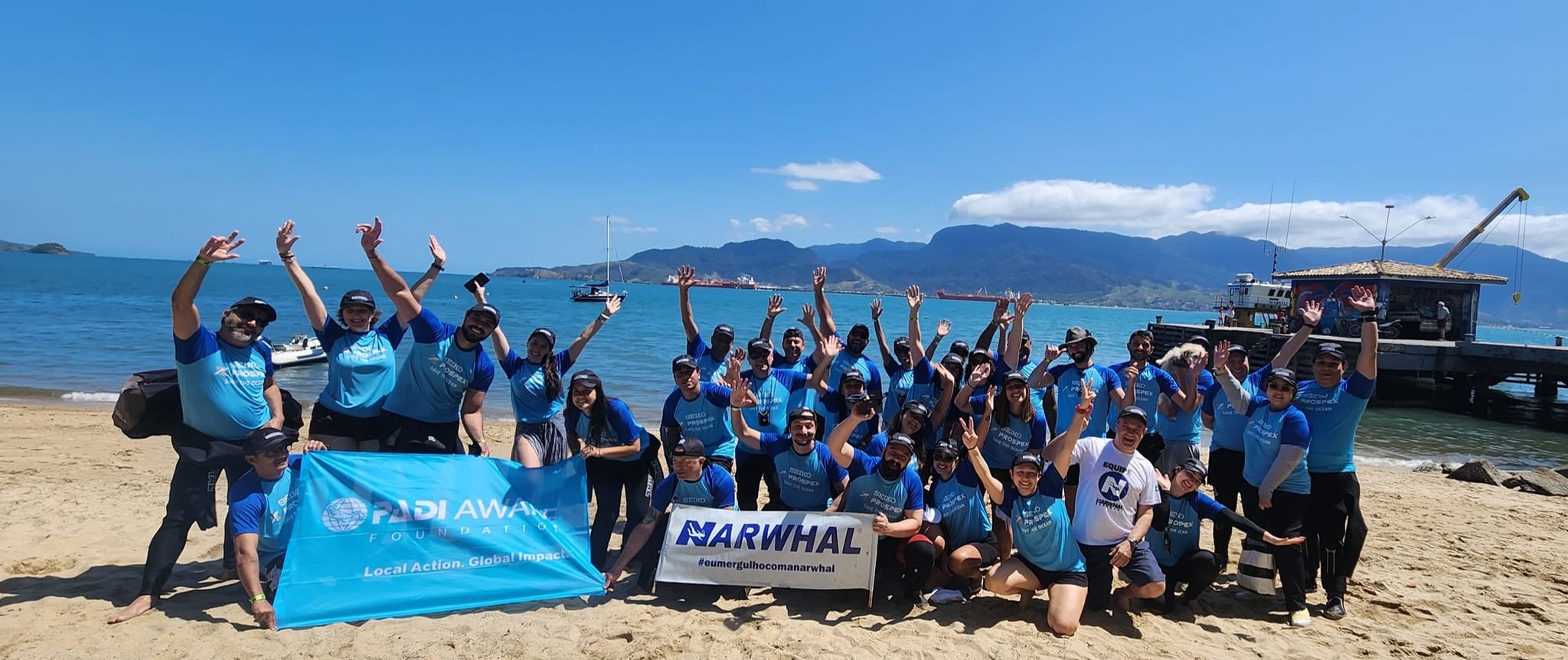Brazil has 7400 km/4600 miles of coastline, which means there are great places to scuba dive in Brazil and a lot of beautiful places that are at risk due to pollution. About 26% of Brazil’s territorial waters are protected, and the dive centers below are doing their part to protect the rest. Whether you’re planning a dive trip to Brazil or you live there already, there are ongoing ocean conservation projects in Brazil that need your support.
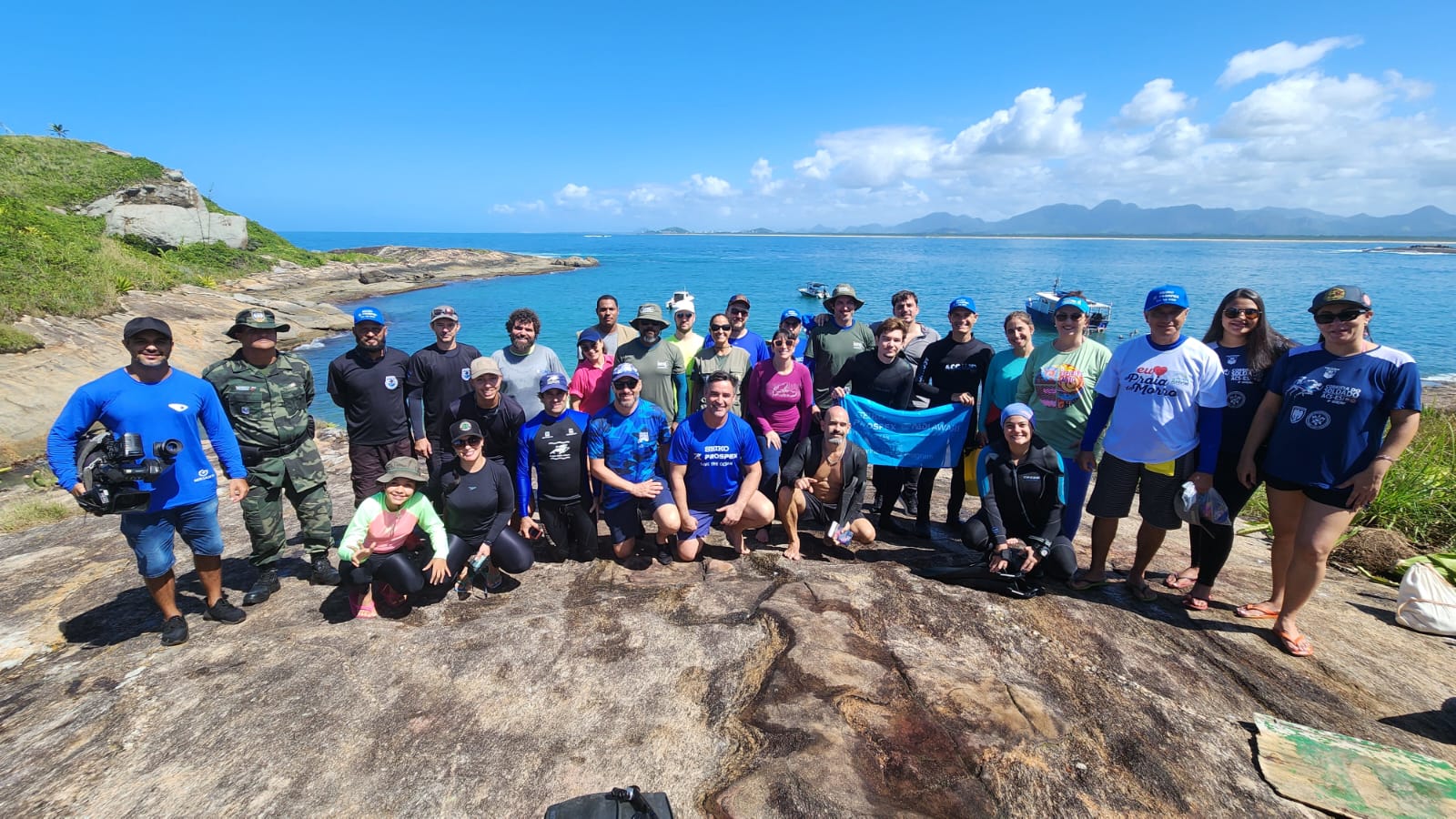
Mission Hub Community Grant recipient Acqua Sub is working to expand both the Guarapari Marine Protected Area (MPA) and Setiba Environmental Protection Area.
Ivan Costa, PADI Course Director at Acqua Sub, said, “We believe expansion is crucial not only for biodiversity but for supporting local fisheries and ecotourism. We’ve improved enforcement measures and engaged the local community to boost awareness.”
Três Ilhas MPA also benefits from Acqua Sub’s attention. Their latest cleanup event had more than 50 participants. Several local environmental organizations and government bodies were also involved. Ivan said the amount of garbage collected this year compared to last year decreased significantly, “Perhaps due to the intensification of supervision by government bodies.”
Acqua Sub welcomes divers who would like to participate in conservation activities such as cleanups and species surveys. Please notify Acqua Sub in advance as some activities require special training or a certification.
Dive Center Narwhal is committed to preserving and protecting the oceans by:
Educating divers about responsible diving practices Taking action to restore the health of marine ecosystems Engaging the local communityInstructor Roberta Mori explained the shop’s philosophy, “Diving is more than a way to explore the underwater world; it is also an opportunity to actively contribute to the health of marine ecosystems. We are committed to clean oceans and see diving as a powerful preservation tool to ensure future generations can continue to enjoy the beauty of the underwater world.”
Dive Center Narwhal hosts an annual Dive Against Debris event, but their commitment to ocean conservation is year-round. On every diving trip, dive staff instruct divers about the importance of responsible diving practices.
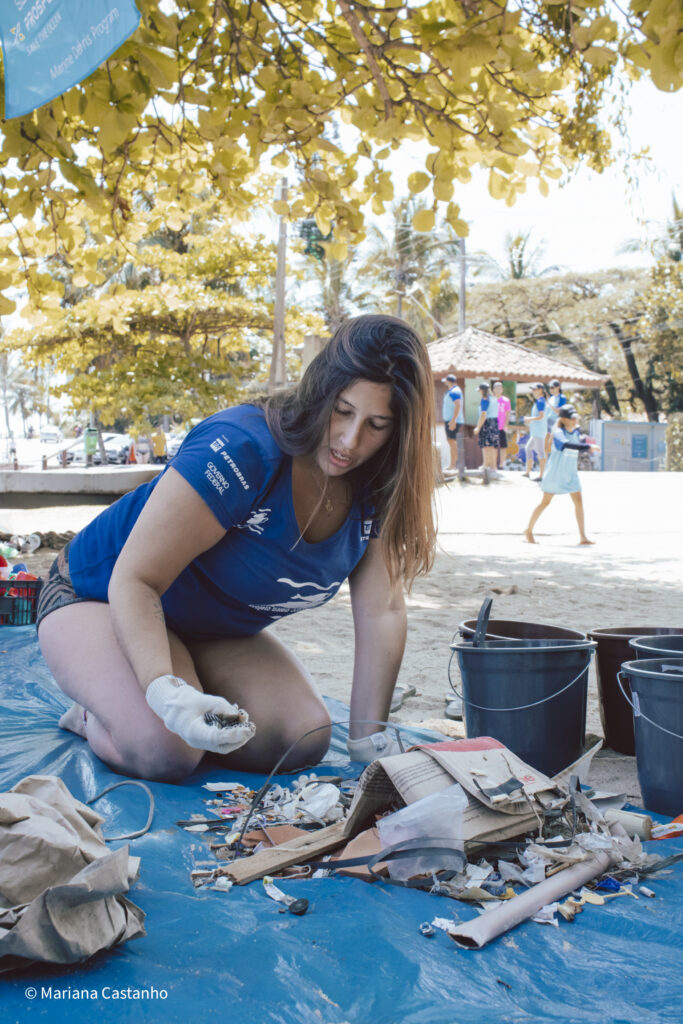
Their efforts are making a tangible difference. Roberta said more people are embracing an eco-friendly mindset and participating in cleanups, which translates to less garbage on the beaches and seabed and a cleaner ocean for all.
Dive Center Narwhal has three locations in São Paulo in addition to the location in Ilhabela.
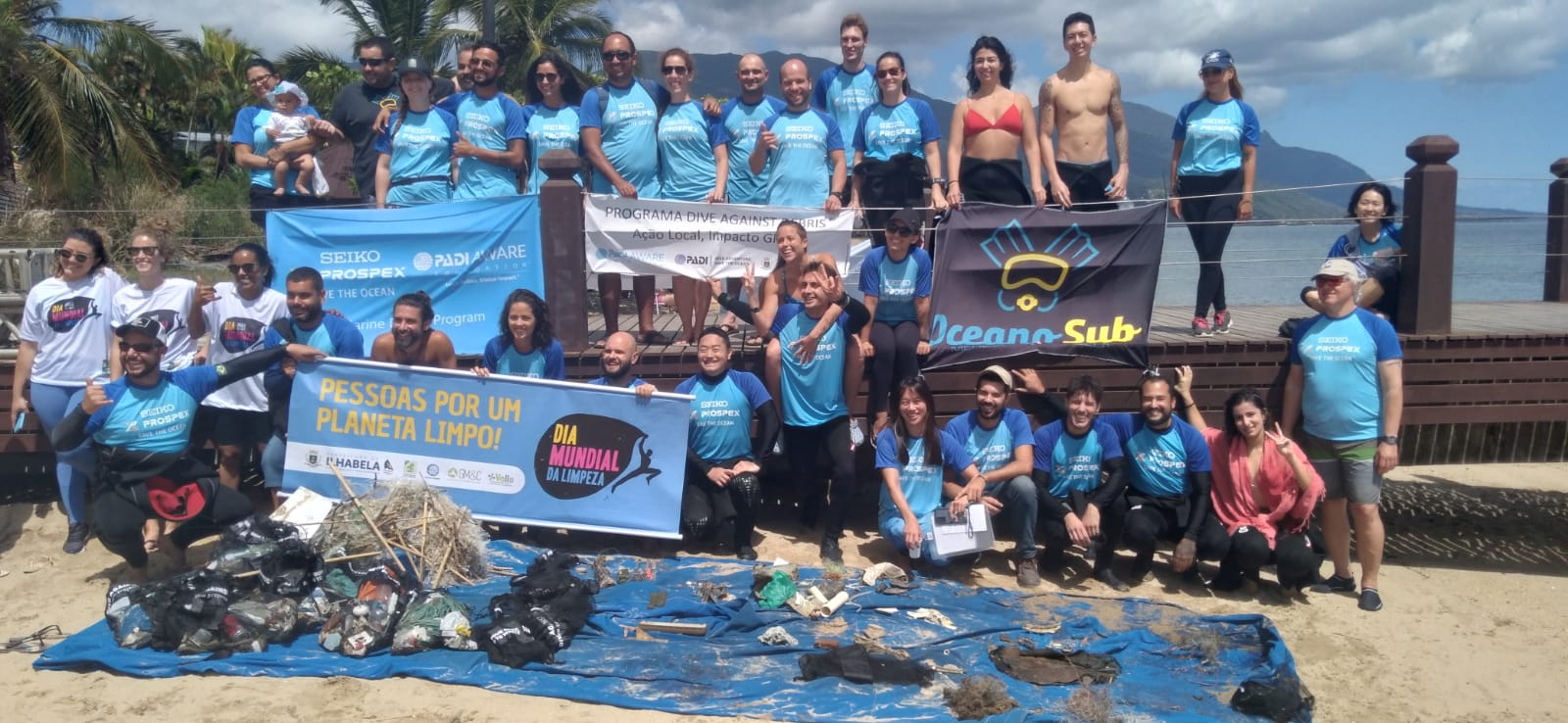
Junão, the founder of Oceano Sub, is an oceanographer who takes ocean conservation very seriously. Oceano Sub hosts beach cleanups that bring together divers, their families and other members of the community to raise awareness about ocean health and make caring for the ocean a shared effort.
In addition to cleanups:
Junão gives talks at local municipal schools to help young people understand the importance of protecting the ocean. Staff members are helping to remove Coral Sol (sun corals), an invasive coral with no natural predators that threatens native coral species. Ocean Sub created The Maui Project, a program that includes online marine biology courses and resources for ocean enthusiasts.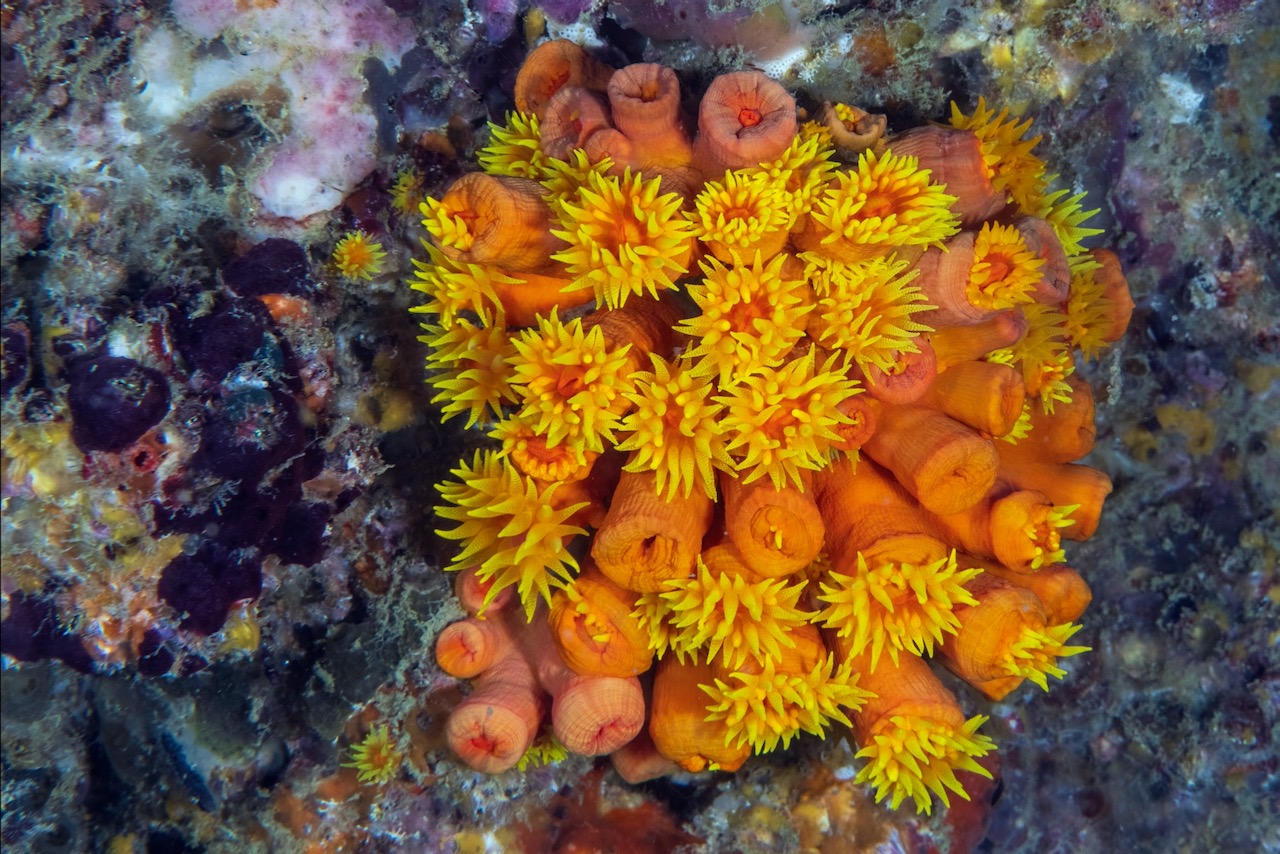
The Brazilian Giant Grouper Project monitors the health, movement and behavior of Brazil’s giant grouper. The organization also strives to raise awareness about this critically endangered animal and inspire community members to take action. You can apply to volunteer or inquire about an internship at merosdobrasil.org (website is in Portuguese).
Undergraduate, masters and doctoral students can apply for Coral Vivo Project’s University Extension Program. The 23-day program takes place at the Coral Vivo Project Base in Arraial d’Ajuda, Porto Seguro/BA. The program is designed to help academics expand their area of study. To learn more or apply, visit coralvivo.org.br (website is in Portuguese).
Header image credit: Oceano Sub, @artbianque
Share This
